'Peas in by President's Day'.. That IS a joke, right?
cherylco
15 years ago
Related Stories

HOUSEKEEPING7-Day Plan: Get a Spotless, Beautifully Organized Living Room
A task a day sends messes away. Take a week to get your living room in shape
Full Story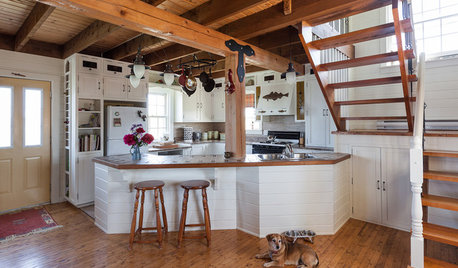
KITCHEN DESIGNOpen vs. Closed Kitchens — Which Style Works Best for You?
Get the kitchen layout that's right for you with this advice from 3 experts
Full Story
LIFEHouzz Call: Where (and What) Are You Reading This Summer?
Whether you favor contemporary, classic or beach reads, do the long and lazy days of summer bring out the lit lover in you?
Full Story
HOLIDAYSGuys, Where Do You Feel Most at Home?
For Father’s Day, we’d like to hear from the men. What part of your house makes you feel most like yourself — grounded and alive?
Full Story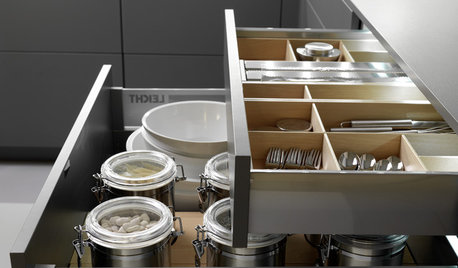
DECORATING GUIDESHow to Work With a Professional Organizer
An organizing pro can help you get your house together. Here's how to choose the right one and gain your own clutter-clearing skills
Full Story
WINTER GARDENINGPruning Secrets for Exquisite Roses
Encourage gorgeous blooms year after year with this time-tested advice on how to prune your rosebush in winter for health and shape
Full Story
COFFEE WITH AN ARCHITECTMike Brady Lied to Me
Why "The Brady Bunch" is a terrible guide for the architectural profession
Full Story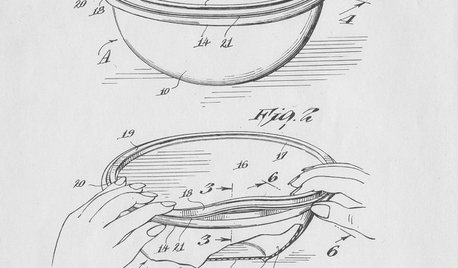
FEATURESHow Tupperware’s Inventor Left a Legacy That’s Anything but Airtight
Earl S. Tupper — and his trailblazing marketing guru, Brownie Wise — forever changed food storage. His story is stranger than fiction
Full Story
FURNITURENew Looks for Time-Honored Murphy Beds
Check out inventive adaptations of this classic space saver, from a motorized version to a bed on a dance floor
Full Story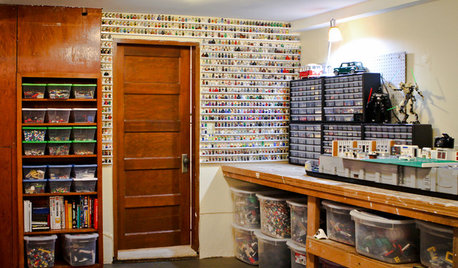
MY HOUZZMy Houzz: Seattle Roommates Unwind in This Cozy Space
A 1926 cottage is home for these best friends with a hedgehog, a Lego collection, vintage art and a shared sense of humor
Full Story





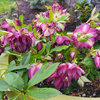
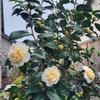
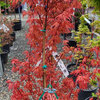
sundevil
lilydude
Related Professionals
Allen Landscape Architects & Landscape Designers · Chattanooga Landscape Architects & Landscape Designers · Gainesville Landscape Contractors · Stamford Landscape Contractors · Wakefield Landscape Contractors · Berwyn Landscape Contractors · Deerfield Landscape Contractors · Fort Myers Landscape Contractors · Weslaco Landscape Contractors · Alexandria Fence Contractors · Lakewood Fence Contractors · Marana Fence Contractors · Novato Fence Contractors · Oro Valley Fence Contractors · San Antonio Fence Contractorsmuddydogs
gardengal48 (PNW Z8/9)
Embothrium
muddydogs
Embothrium
muddydogs
lilydude
cherylcoOriginal Author
reg_pnw7
toad_ca
pepperdude
dottyinduncan
seabeckg
missjulied
reg_pnw7
JudyWWW
Embothrium
kristincarol
lilydude
kristincarol
kristincarol
Patrick888
kristincarol
cherylcoOriginal Author
gardengal48 (PNW Z8/9)
JudyWWW
cherylcoOriginal Author
Embothrium